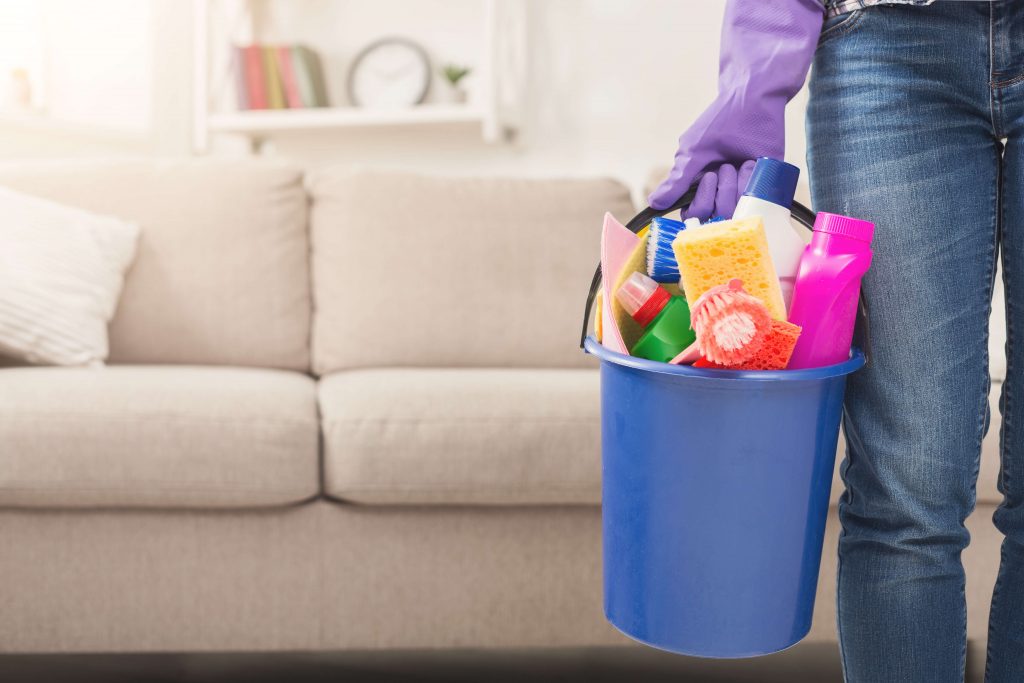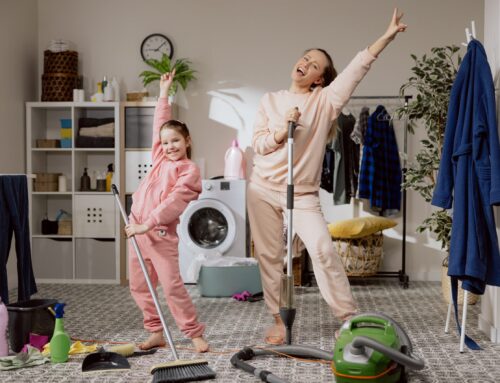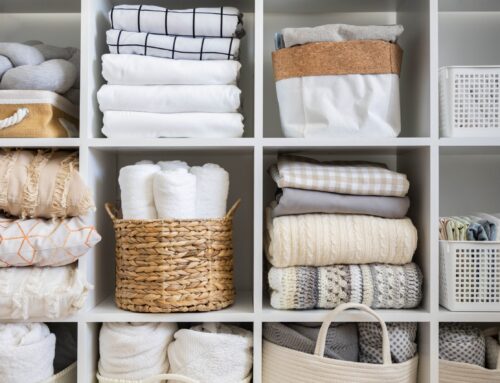Household cleaners are essential for maintaining a clean and healthy living environment, but what many people don’t realize is that these seemingly harmless products can pose serious risks to our health. In this article, we’ll delve into the hidden dangers of common household cleaners and explore how you can protect your family from exposure to toxic chemicals.
Understanding Household Cleaners
Household cleaners come in various forms, from sprays and wipes to powders and liquids, each designed to tackle specific cleaning tasks. While they may effectively remove dirt and grime, many conventional cleaners contain a cocktail of toxic chemicals that can harm both our health and the environment.
Toxic Chemicals in Cleaning Products
Among the most concerning ingredients found in household cleaners are volatile organic compounds (VOCs), ammonia, chlorine bleach, and phthalates. These chemicals have been linked to a range of health problems, including respiratory issues, skin irritation, and even cancer.
Health Risks Associated with Cleaners
Exposure to toxic chemicals in cleaning products can have serious consequences for our health. Prolonged or repeated exposure may lead to asthma, allergies, and other respiratory conditions, particularly in children and individuals with pre-existing health conditions.
Effects on Indoor Air Quality
Indoor air quality can be significantly impacted by the use of conventional household cleaners, as these products release harmful fumes and particles into the air. Poor indoor air quality can exacerbate respiratory problems and contribute to long-term health issues.
Safer Alternatives
Fortunately, there are safer alternatives to conventional household cleaners that are effective at cleaning and disinfecting without exposing your family to harmful chemicals. Natural ingredients such as vinegar, baking soda, and lemon juice can be used to create homemade cleaning solutions that are safe and environmentally friendly.
Practical Tips for Reducing Exposure
To minimize your family’s exposure to toxic chemicals in cleaning products, consider switching to eco-friendly or green cleaners labeled as non-toxic and biodegradable. Additionally, make sure to ventilate your home while cleaning and store cleaning products securely out of reach of children and pets.
Making Informed Choices
When shopping for cleaning products, take the time to read labels carefully and look for products that are free from harsh chemicals such as phosphates, parabens, and synthetic fragrances. Choosing safer alternatives not only protects your family’s health but also reduces your environmental footprint.
DIY Cleaning Solutions
Creating your own cleaning solutions at home is not only cost-effective but also allows you to control exactly what goes into them. Try mixing equal parts vinegar and water for a natural all-purpose cleaner or sprinkling baking soda on carpets before vacuuming to freshen them up.
Educational Resources
For more information on safe cleaning practices and alternatives to conventional cleaners, consider consulting reputable sources such as environmental advocacy groups, health organizations, and government websites.
Community Action
Advocating for safer cleaning practices at the community level can help raise awareness and encourage others to make informed choices about the products they use in their homes. By working together, we can create healthier living environments for everyone.
Conclusion
In conclusion, the hidden dangers of common household cleaners pose a significant threat to our family’s health and well-being. By educating ourselves about the risks associated with conventional cleaners and adopting safer alternatives, we can protect ourselves and our loved ones from unnecessary exposure to toxic chemicals.
FAQs
- What are some common household cleaners to avoid? Conventional cleaners containing bleach, ammonia, and synthetic fragrances should be avoided due to their potential health risks.
- Are natural cleaning products effective? Yes, many natural cleaning products are just as effective as their chemical counterparts and are safer for both your family and the environment.
- How can I improve indoor air quality while cleaning? Ventilate your home by opening windows and using exhaust fans, especially when using cleaning products that emit strong fumes.
- Can household cleaners cause allergic reactions? Yes, some individuals may experience allergic reactions or sensitivities to certain chemicals found in household cleaners.
- Are there regulations in place to ensure the safety of cleaning products? While regulatory standards vary by country, it’s important to be aware of potential loopholes in labeling laws and to choose products with transparent ingredient lists.
- What are some alternatives to commercial air fresheners? Natural alternatives such as essential oils, simmering spices on the stove, or homemade potpourri can help freshen the air without exposing your family to harmful chemicals.





